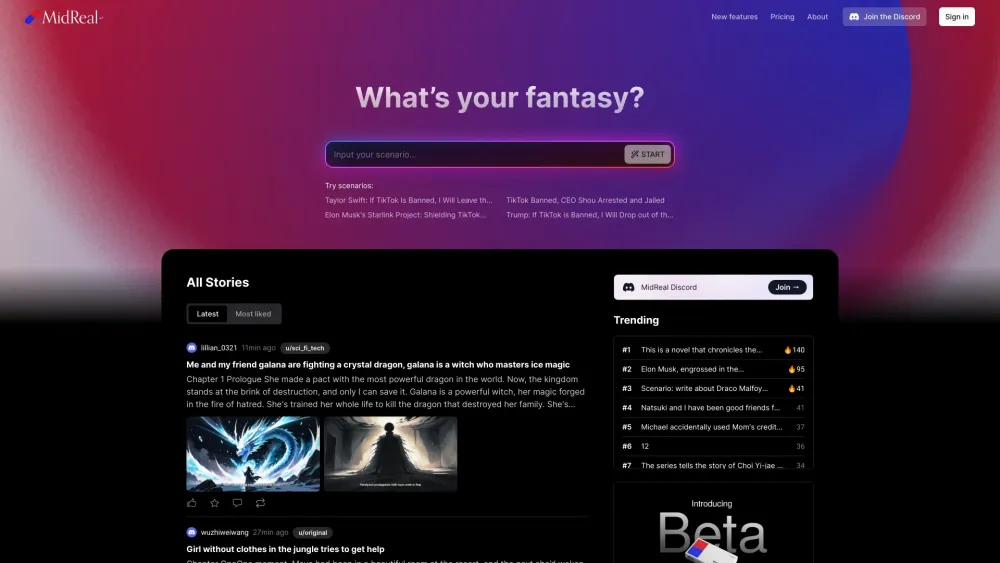On January 26, 2024, the Screen Actors Guild – American Federation of Television and Radio Artists (SAG-AFTRA) issued a statement addressing two significant recent AI scandals: explicit deepfakes of musician Taylor Swift circulating on X (formerly Twitter) and a comedy special featuring a simulated performance by the late comedian George Carlin. The creators of the Carlin special initially claimed it was AI-generated, but later clarified that it was actually a human-written project intended as satire.
SAG-AFTRA's response reflects its ongoing skepticism toward AI, previously emphasized during its strike and recent agreements with studios to ensure that human actors retain control over their likenesses in film and television.
The controversies surrounding Swift and Carlin have intensified SAG-AFTRA's concerns regarding the unauthorized use of performers' images. "The development and dissemination of fake images — especially those of a lewd nature — without consent must be made illegal," stated SAG-AFTRA. "As a society, we have the power to regulate these technologies, but immediate action is essential."
AI Scandals Prompt Legislative Calls
While it remains unclear if Taylor Swift is a SAG-AFTRA member, she has acted in the past and is rumored to appear in the upcoming Deadpool 3. Recently, explicit deepfake images of Swift emerged, depicting her in compromising situations tied to her boyfriend, NFL player Travis Kelce. These disturbing images were allowed to circulate for 17 hours before X began removing them, ultimately blocking all searches related to Swift's name.
The Carlin special, titled George Carlin: I am Glad I’m Dead, debuted on January 11, 2024, and drew criticism and legal action from Carlin's daughter, who accused the creators of copyright infringement. An initial misunderstanding suggested the special was AI-generated, but the creators clarified that it was fully scripted by humans.
Yesterday, SAG-AFTRA reaffirmed its commitment to protecting performers' rights, addressing both the Swift and Carlin incidents. Here’s an excerpt from their statement:
"SAG-AFTRA supports legislation led by U.S. Rep. Joe Morelle, the Preventing Deepfakes of Intimate Images Act, aimed at preventing this form of exploitation. We must protect individuals from non-consensual uses of their likenesses and voices — both for living and deceased performers. Companies that use an individual’s creative work for profit without consent violate intellectual property rights, undermining human artistry."
Bipartisan Legislative Efforts
SAG-AFTRA is not alone in its calls for reform. The White House has acknowledged the urgency of addressing the spread of AI-generated imagery. Press Secretary Karine Jean-Pierre emphasized the need for social media companies to enforce their policies against misinformation and non-consensual imagery while urging Congress to take action.
Bipartisan legislation is currently in progress. Republican Congressman Tom Kean from New Jersey has proposed a bill requiring all AI-generated images to be labeled. Additionally, he and Democratic Congressman Joseph Morelle introduced the Preventing Deepfakes of Intimate Images Act, aiming to classify non-consensual deepfakes as a federal crime, with potential penalties including fines and up to ten years in prison.
As both bills await committee votes and further legislative action, public demand for swift reform continues to grow. The key questions now are whether lawmakers will act, when they will do so, and what the exact measures will entail.




